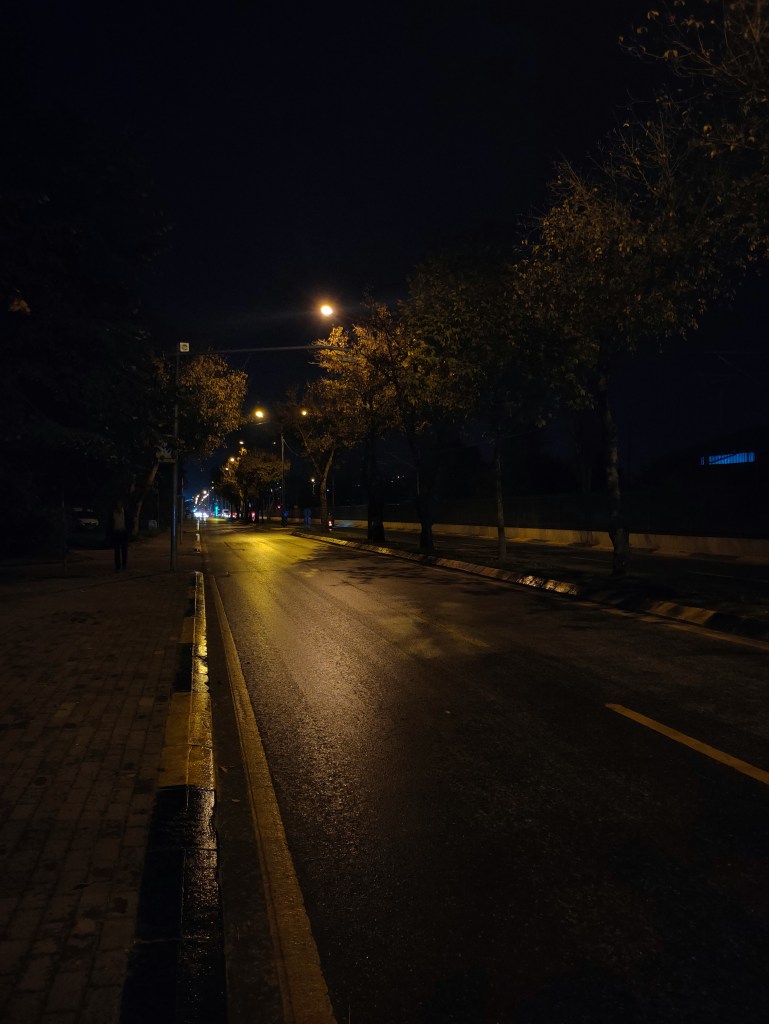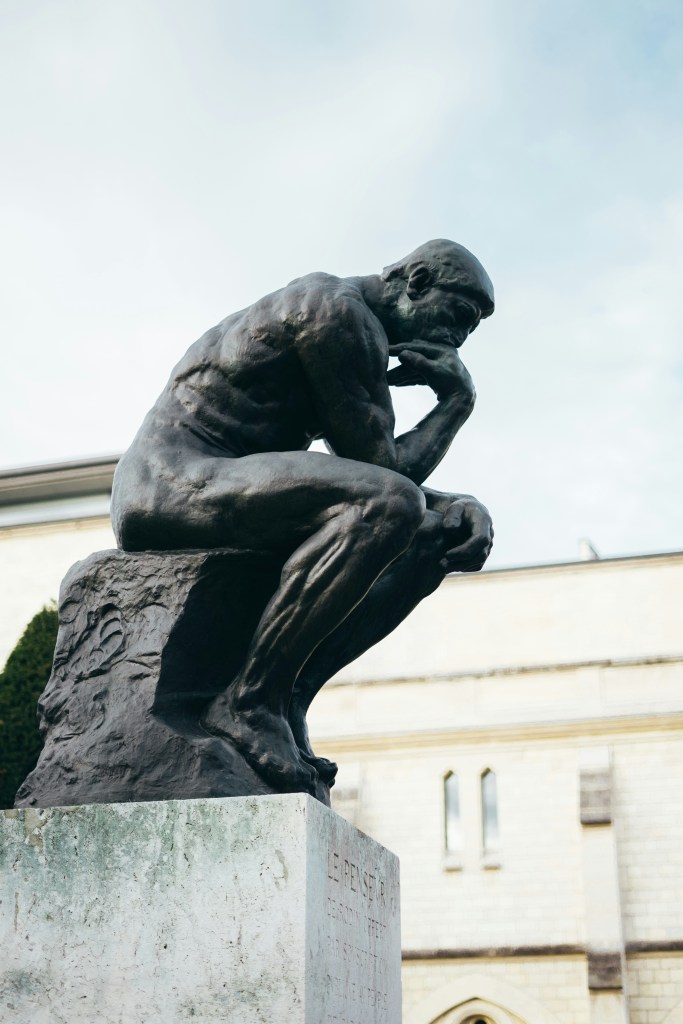There are lots of tantalising ideas in Gary Lachman’s The Quest for Hermes Trismegistus. For one, the notion of a prisca theologia (“ancient theology”) or “perennial philosophy” that was handed to humankind at the dawn of time but has since been forgotten.
Imagine the human beings of the dawn of time. They have not invented writing, agriculture, or anything really, and yet they are able to hold in their minds the simple answer to “life, the universe, and everything…” It suggests that anyone could do it; any one of us could suddenly have the answer just strike us and life would become meaningful and everything would slot into place.
In Douglas Adams’ The Hitchhikers’ Guide to the Galaxy, a supercomputer is built to provide a definitive answer to the question of the meaning of life. Famously, the simple answer is “42”… unfortunately this answer is useless unless you know what the question is, but the implication is that the question would be something equally simple which, slotted together with the answer, would miraculously solve all life’s problems.
Lachman makes a distinction between episteme and gnosis. Both terms mean “knowledge,” but while the former is the concept of knowledge as arrived at through reason and experience, “gnosis” means direct, intuited knowledge. In other words: revealed truth. Or to put it yet another way: God just directly whispers the truth into your ear and now you know the answer.
Lachman draws on Carl Jung to illustrate what gnosis looks like: when asked whether he believed in God, Jung famously said perhaps not: he knew that God existed and so had no need for belief. “Belief” suggests a mediated, indirect, and conditional relationship to the thing you believe you know. If the evidence changed, you would cease to believe. (Think Bertrand Russell reaching the gates of Heaven and asking: “Where was the evidence?” The angel replies: that’s not how faith works. God wants his followers to be faithful. If your faith is conditional then it’s not faith.)
But if the answer to the question of the meaning of life is really as simple as “42,” how would human beings have come to forget it? Lachman writes about Emanuel Swedenborg, who claimed to have spoken with angels. Swedenborg wrote that angelic language “has nothing in common with human language” and that angels can “set down in a few words the contents of many written pages.” If an angel speaks to you, you suddenly know deep complicated truths that would have taken much longer for a human being to explain. The problem is that you, being human, can’t articulate what you’ve just learned. You just know.
To the angel, the answer is as simple as “42.” To the human listening, the answer is an explosion of earth-shattering visions which, even half-remembered, change their perspective on life forever.
So according to the story of prisca theologia, ancient human beings would have heard the truth from angels, known that truth, and then been unable to pass that truth on except in fragments. Unless visited by angels again, humanity would gradually lose that original knowledge. Or even if a few of us were visited by angels from time to time since then — as people sometimes claim to be — we’d be hard pushed to pass on what we’d learned to everyone else.
The concept of prisca theologia suggests that fragments of the original truth are contained in the many religions that have existed since the beginning of time; every religious text is a human, all too human attempt to put down in language at least part of the truth once revealed in an explosive angelic vision. So perhaps the thing to do, if you want to discover true wisdom by means of episteme, is study and learn what the world’s religions and philosophies have in common, without ever being foolish enough to think that the whole truth is found in a fragment, in just one religion or point of view.
Or you could opt for the way of gnosis and just sit quietly and wait for an angel to whisper the answer to you. I feel like this is what I am doing when I sit down to read poetry. What else does good poetry do than attempt to express in language what is expressible only in visions? While philosophy and theology will try to break down big ideas into human language, poetry makes language anew, experimenting with meaning for the special purpose of expressing a truth subtly felt. Could it be that it is the poets who are doing the real work of the philosophers, bringing us closer to truth by forcing human language to evolve into the language of the angels?


